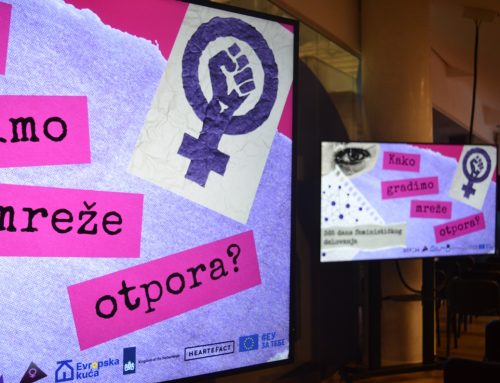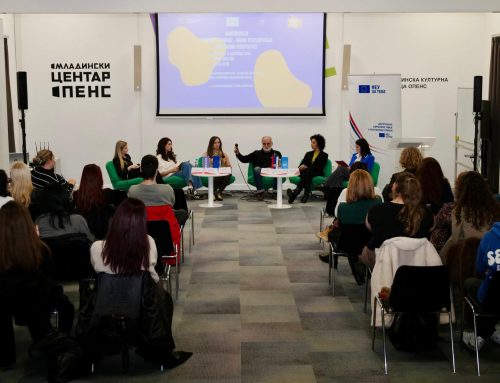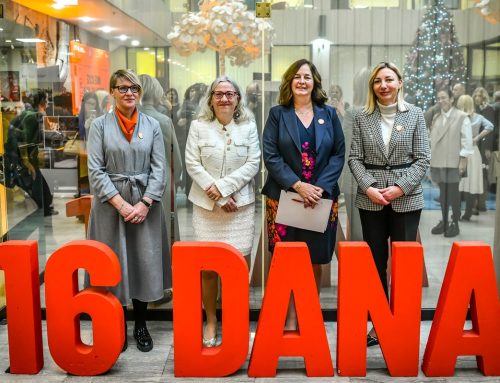Footage from research series that we regularly watch on small screens, in which the main characters are forensic scientists, will soon become part of everyday life in a high school in Niš. The School of Food Production and Chemistry is actively working on the modernisation of existing and introduction of new educational profiles, keeping pace with modern trends, in which it has received significant support through European Union programs. From September 2022, this school will become only the third in Serbia in which students will be able to choose the profile of technician for operational forensics.
“This educational profile will bring to our institution what it exists for, and those are full classrooms.” It will enable our teachers to realise the curriculum with quality equipment, and the interest not only for our school, but also for the applied chemistry will be great “, assures Tanja Mikić Nikolić, the school director.
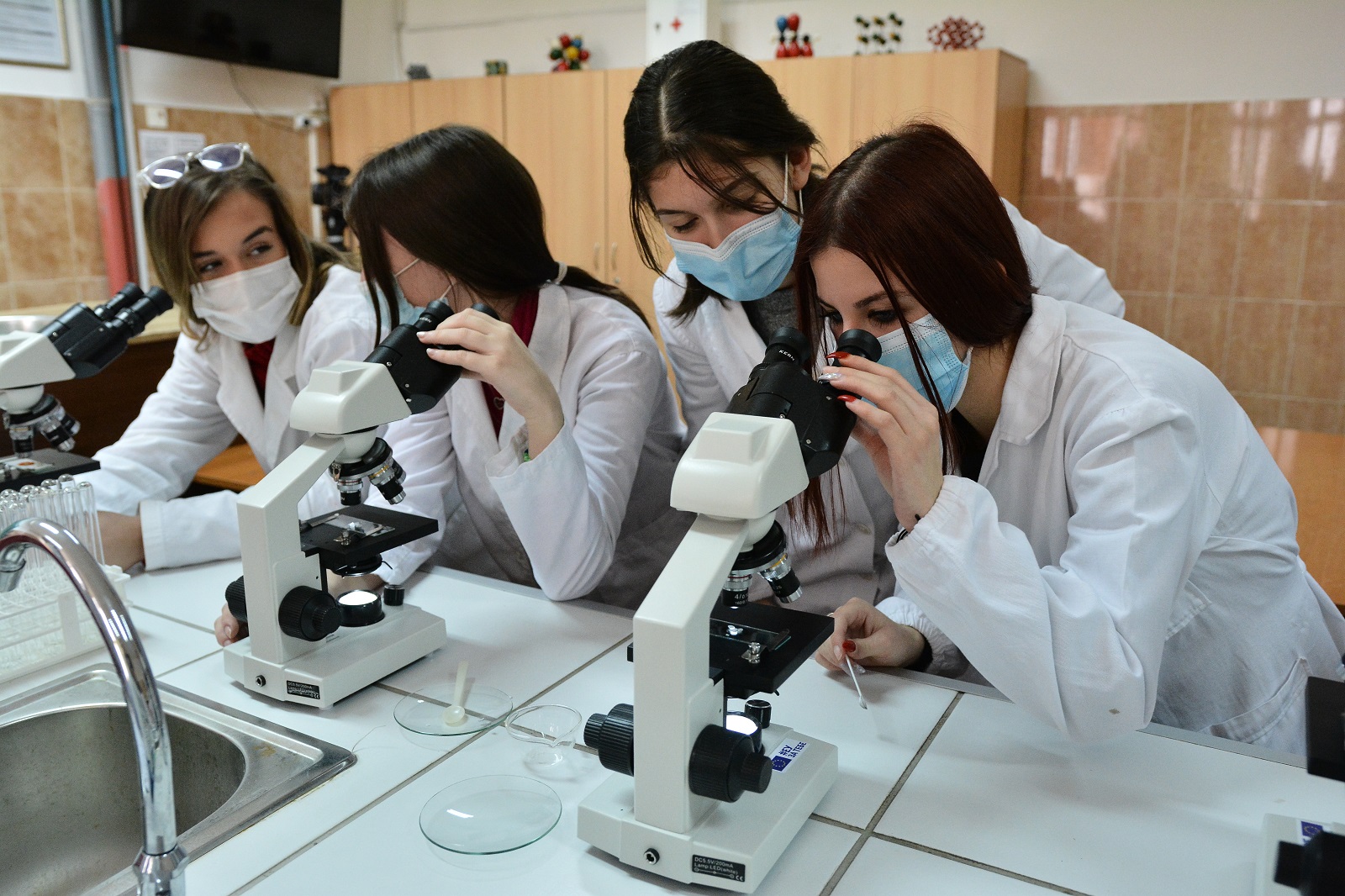
What does an operational forensics technician do?
According to the school, the standard of qualifications stipulates that the technician prepares and takes samples in the field, prepares and participates in the preparation and analysis of documentation from the scene, laboratory tests and processing of results, all in compliance with legislation in forensics, standards and relevant regulations within the scope of its work.
Chemistry professor Jasminka Cvetković points out that this institution follows trends, that teachers are constantly improving so that they can adequately respond to all the challenges that science brings in its development.
The new profession expects a great career perspective and eligibility at many faculties where the basis for enrolment is knowledge of chemistry, and if they do not want to continue their education after graduation, they can work in the Ministry of Interior, archeological research, do expertise or in any chemical laboratory where chemical analysis is performed “, says Professor Cvetković about the educational profile of technicians for operational forensics.
EU SUPPORT
“The support of the European Union is key to the development of the quality of an educational institution, especially a vocational high school.” The School of Food Production Chemistry currently has three very important projects financed and supported by the EU,” director Tanja Mikić Nikolić reminds.
The first project is support for secondary vocational education. Another that the school insists on and understands its importance is the development of the National Qualifications Framework, which enables continuous professional development of teachers, and on the other hand provides educational services to a completely different category, and that is adult education. The program that students love the most is Erasmus+ because they get the opportunity to travel to other countries, learn and practice, get to know other cultures and peoples. Two laboratories in the school have been completely renovated and equipped with modern devices through EU funds. In 2021 alone, the value of donated equipment to the school by the EU is 31,000 euros.
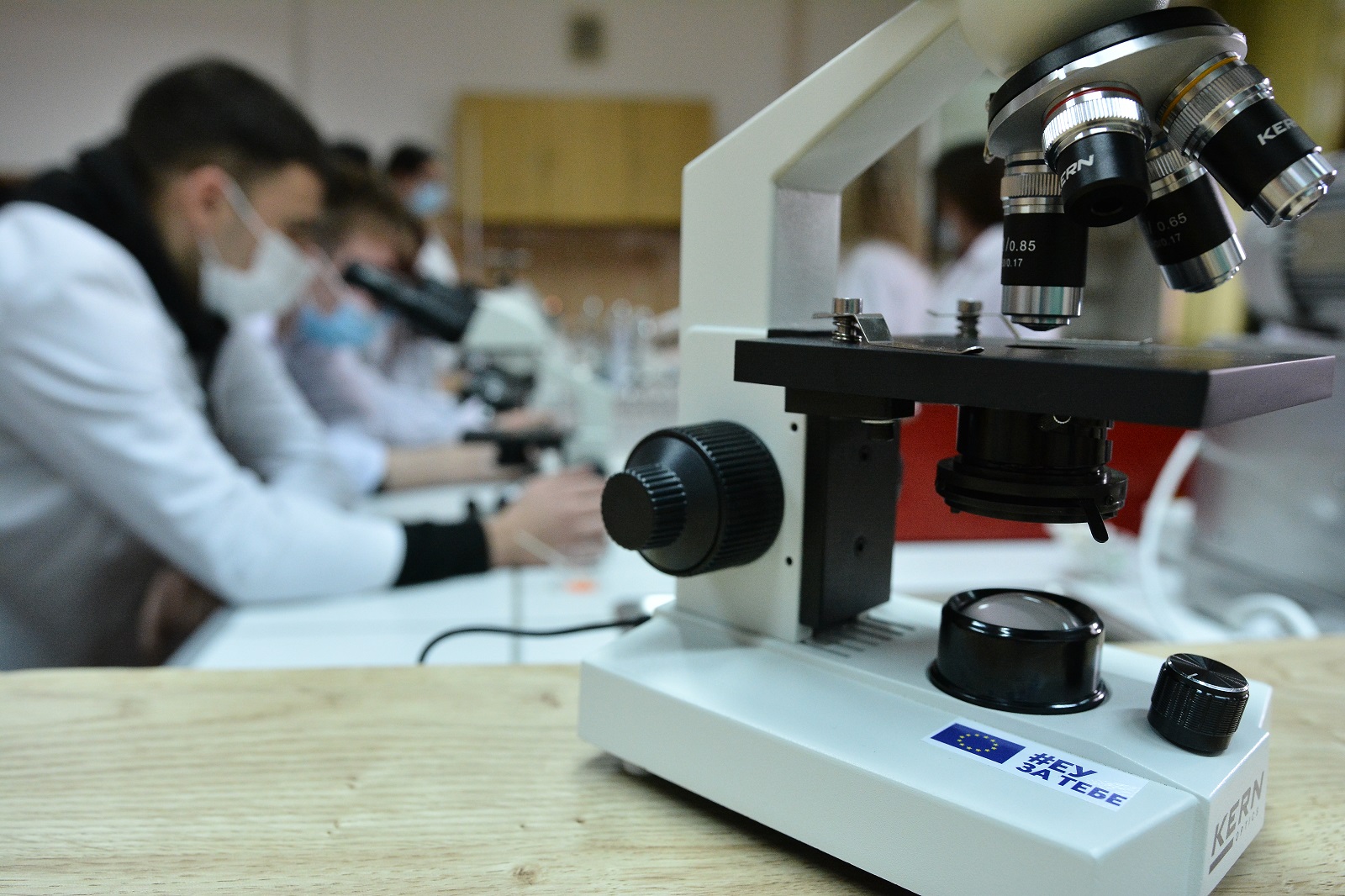
How much do practical classes mean to students?
Equipped laboratories, modern instruments that students work on provide quality professional practice and a good basis for further training, which the students themselves are pleased to point out.
“My love is chemistry, and my dream is forensics. This school provides me with all the necessary knowledge and skills to do what I love in the future, “says Sara Savić, a second grade student in the field of chemical laboratory.
Nikola Zdravković, a fourth grade student in the field of chemical laboratory, said in a conversation with us that he learned in the laboratories at school how instruments work, what they are for, and his goal is to enroll in the Faculty of Electronics and improve all devices on which he now has the opportunity. learns and acquires practice.
Apart from students, the Erasmus + program also provides teachers with numerous benefits. The School of Food Production and Chemistry is actively participating in this program.
“Apart from being able to gain basic knowledge in theory and practice at school, I have the opportunity to go to Bulgaria and Spain through the Erasmus + project, specifically to Seville, where I will be able to get to know their knowledge, gain new experiences and apply it later. in her future schooling and workplace “, says Branka Stanković, a second grade student, majoring in chemical and industrial technology.
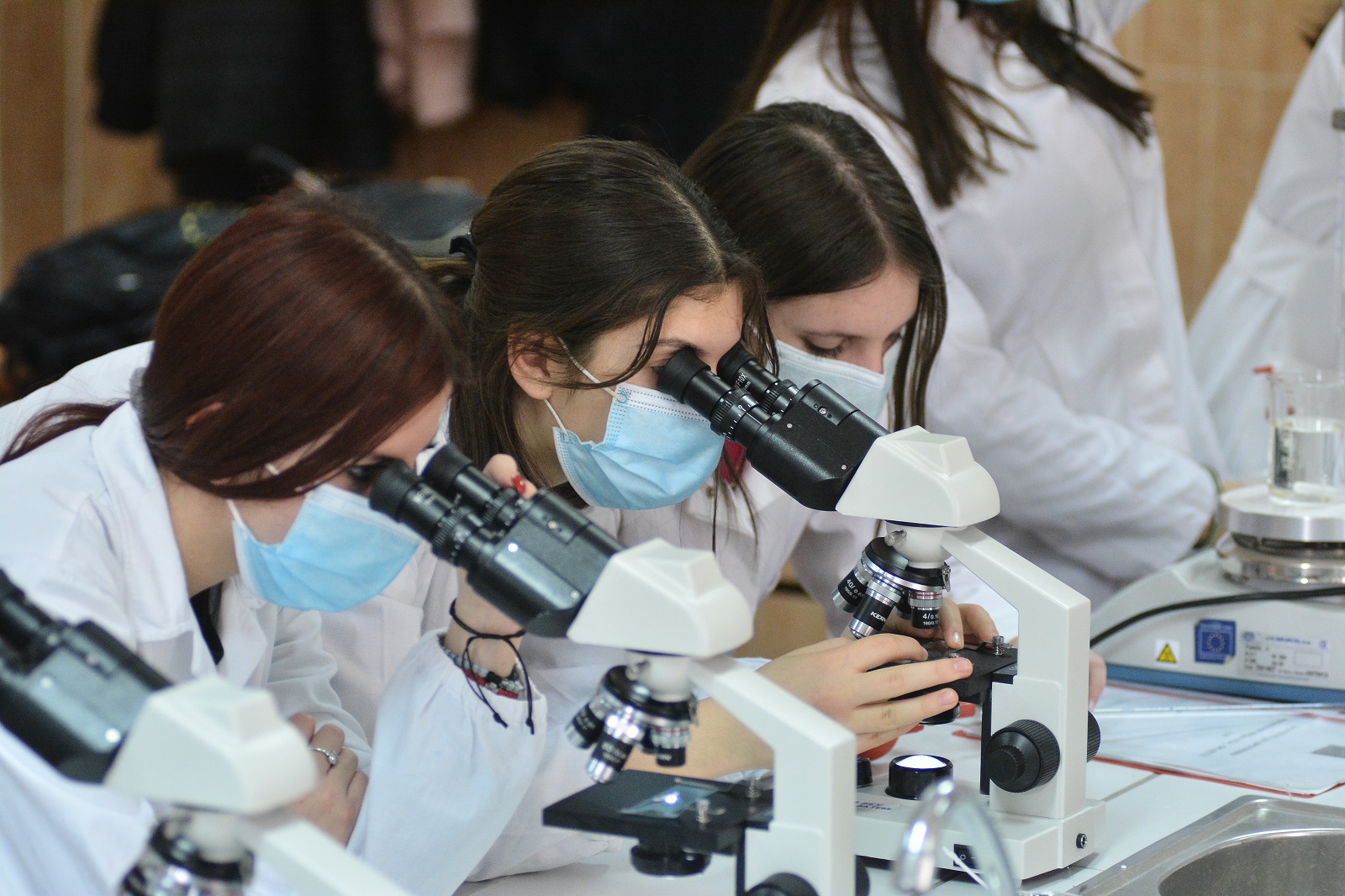
The school principal points out how much it is actually worth to participate in Erasmus + projects because it is not only the mobility of students, but also teachers, which is a key thing in the development of their competencies.
All teachers who will implement the teaching and learning plan on the educational profile of forensic technician will travel to Seville, to our partner school, to get acquainted directly in their laboratories and at the Institute of Chemistry in Seville with the way this educational profile is implemented in Spain “, concludes the director Tanja Mikić Nikolić.
In September 2022, when the new school year begins, the School of Food Porduction and Chemistry in Niš will enroll 30 students in the educational profile of technicians for operational forensics.
The European Union, as the largest donor in Serbia, supports the modernisation of the education system and its harmonisation with EU standards and practices. Since 2003, the EU has donated more than 100 million EUR for the improvement of pre-school education, vocational and adult education reform, renovation and refurbishing of schools and faculties, support for inclusive education, etc. The support from the European Union is implemented in cooperation with the Serbian Government.


